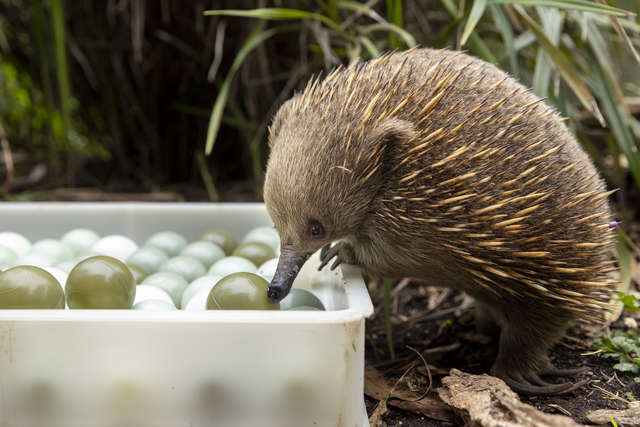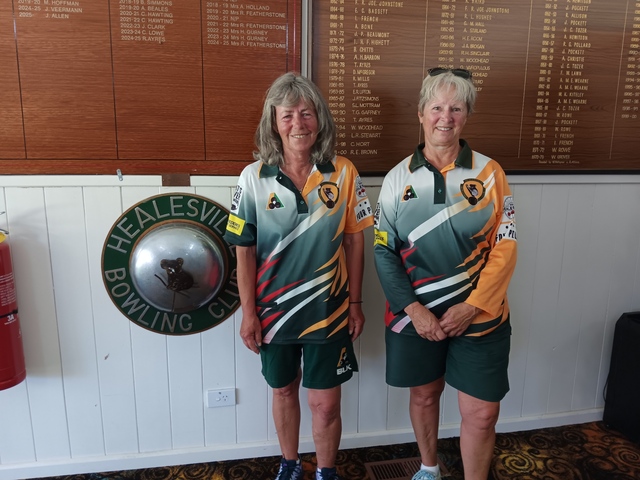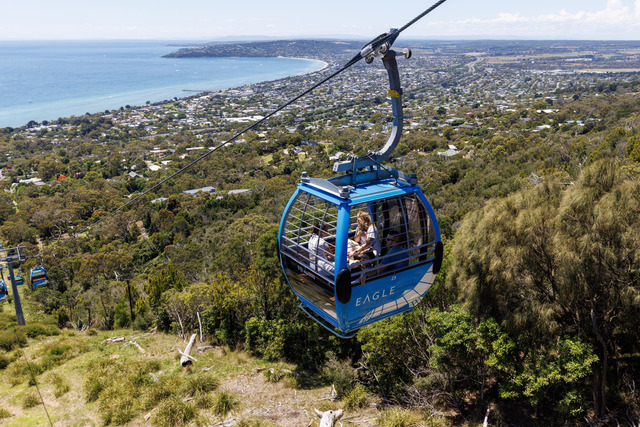This year’s National Reconciliation Week took place from 27 May to 3 June. These dates commemorate two significant milestones in our nation’s reconciliation journey – the successful 1967 referendum and the High Court Mabo decision, respectively.
Initiated in 1993 and formally started in 1996, the National Reconciliation Week is a time “for all Australians to learn about our shared histories, cultures, and achievements, and to explore how each of us can contribute to achieving reconciliation in Australia”.
As we all know, this year’s theme is “Now More Than Ever”. In the words of Reconciliation Australia: “Now more than ever, the work continues. We need connection. We need respect. We need action. And we need change.”
This means our work in building a nation strengthened by respective relationships between Australia’s diverse communities does not stop at the conclusion of the National Reconciliation Week. Rather, it must go on, and we can all play our part.
In no particular order, below is a list of ten books published in the past five years that this reviewer can recommend as takeaways from this year’s National Reconciliation Week. 1. Praiseworthy by Alexis Wright: This is the story of a small town in Australia’s north that faces an ecological catastrophe.
2 . Dropbear by Evelyn Araluen: A collection of fierce and confronting poems, cleverly using a mixture of poetry and essay to interrogate the complexities of colonial and personal histories.
3 . The White Girl by Tony Birch: A truly memorable story of a grandmother’s love and courage as she tries to protect her granddaughter from being removed from their community. 4. Song of the Crocodile by Nardi Simpson: Three generations of an indigenous family are witnesses of the rapid social and environmental changes that sweep through their town. 5. Killing for Country: A Family Story by David Marr: A journalist and author’s personal
reckoning of the fact that his forebears had served with the brutal Native Police in the bloodiest years on the frontier.
6. Bila Yarrudhanggalangdhuray (River of Dreams) by Anita Heiss: An epic story of love, loss, and belonging, as a young woman sets out along the river of her ancestors, in search of lost family and country.
7. Tell Me Why: The Story of My Life and My Music by Archie Roach: An intimate memoir of a member of the Stolen Generation, full of forgiveness, compassion, and the healing power of music.
8 . We Come With This Place by Debra Dank: This heart-achingly honest and graceful memoir “shows a powerful path forward from colonial trauma towards a space of mutual respect and self-determining futures”.
9. Robert Runs by Mariah Sweetman: A fast-paced thriller based on the author’s great-great grandfather, Robert “Goupong” Anderson, who was once the fastest man in Australia and world record holder.
10. Story Doctors by Boori Monty Pryor: Illustrated by Rita Sinclair, this slim yet thought provoking volume is all about storytelling as a way of healing. Not just to heal relations between peoples and communities, but also our relations with ourselves.







